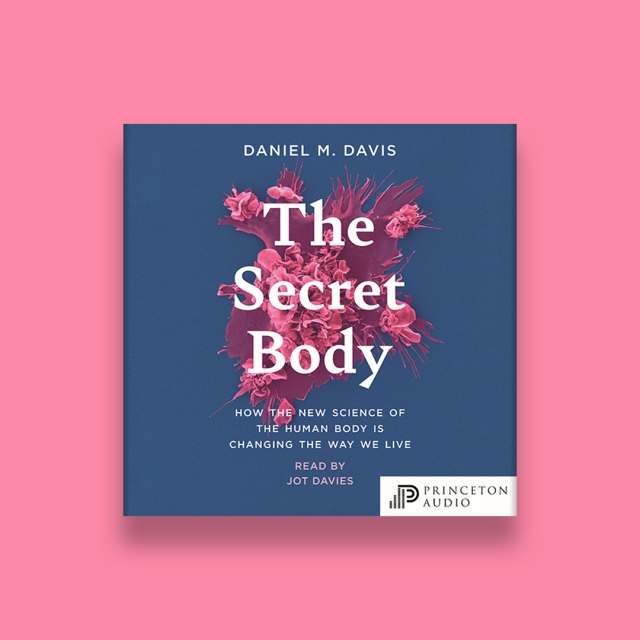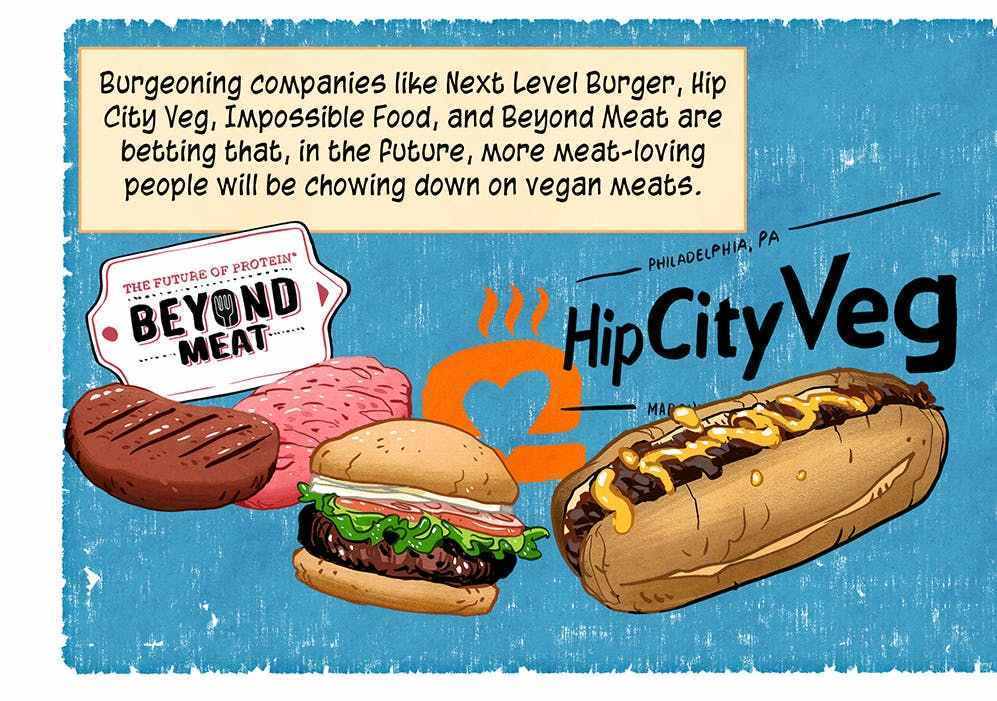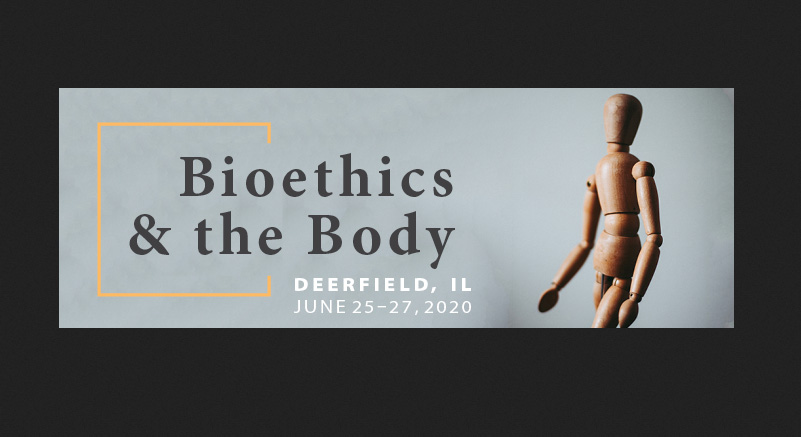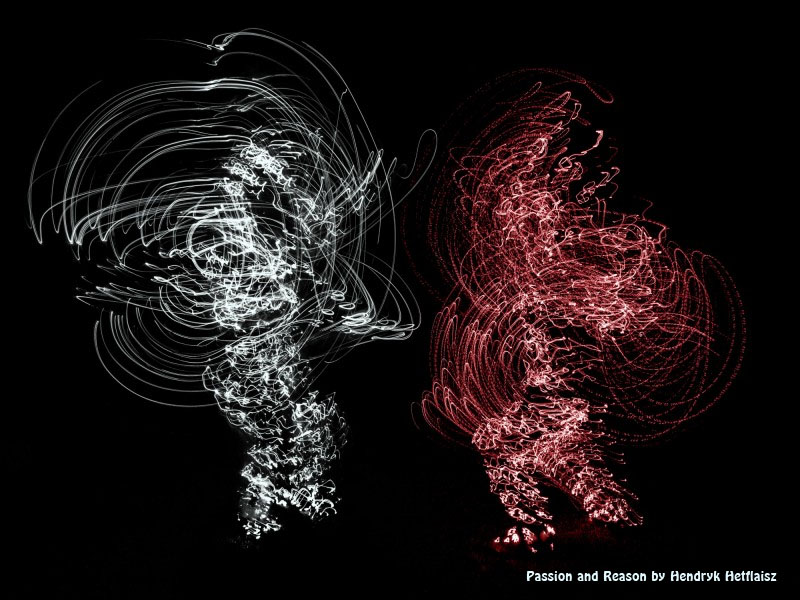The media headlines scream that there is an opioid crisis. But is it true? Why are doctors cutting the only pain management thousands of people have? It is not to improve their quality of life.
While there is a legitimate concern that chronic pain sufferers can develop a tolerance, how the hell does cutting off all hope and leaving people in so much pain they choose to kill themselves qualify as improving their quality of life? What is really going on?
Many opioid medication patents have expired. Thus, manufacturers lack financial incentive. The latest drugs being produced under exclusive patents do nothing for alleviating excruciating pain. Yet, doctors are being told they will be fired if they prescribe medication that patients have found to be effective. Not only do patients no longer have a voice in their medical care, doctors are losing their voice in how they treat patients as well.
No stability, increased anxiety
In addition to cutting off effective medication, new laws are requiring a monthly prescription for chronic pain sufferers. A chronic pain condition from injury or migraines doesn’t change much. Most people saw their doctor once every 6 months. Some saw a doctor once a year. The doctors prevented abuse by only prescribing a month’s worth of medication, but giving 6 to 12 refills, so the patient had a regular, reliable pain management program.
This stability allowed chronic pain sufferers to manage their activity, allowing them to reduce their pain to a tolerable level. People could live their lives without fear of being in so much pain the only way to end it would be… to end it. Chronic pain sufferers could keep a month ahead of their prescriptions so they had the assurance that reducing pain would be possible. Now patients with lifelong, stable, chronic problems have to see a doctor every single month.
Many patients do not have the means to get to a doctor. They do not drive, public transportation is a draining and traumatic experience, and it takes all day sitting in a doctor’s office waiting to be seen. This also increases the doctor’s load and reduces a doctor’s ability to treat more patients. Many people will simply not get any treatment at all now because doctors just don’t have time to see them.
And if by some miracle pain sufferers get a monthly prescription, the frightening reality is that pharmacies are no longer reliable sources for filling those prescriptions. The medicine may or may not be there. Pharmacies are being chronically shorted by their suppliers, and there is nothing the pharmacy can do to help the patients. Instead of having a month’s supply of pain medication in the cupboard, it is now a Russian-roulette game with having to wait sometimes two or three months before a prescription can be filled. And that sends anxiety levels through the roof. Anxiety increases pain, and chronic pain sufferers become trapped in a vicious, life draining cycle.
Media Drama
All forms of opioid abuse are currently being treated criminally. It’s splashy and dramatic to portray all opioid users as violent, destructive dregs of society. Drugs like heroin can indeed lead down that path.
But the majority of opioid users bathe regularly, get up early to go to work, work hard, and then go home to family and friends who love them and depend on them. They are normal in every way, except they have a severe pain condition that requires ongoing treatment.
One study found that people with chronic pain generally underdose themselves by as much as 80%, rarely taking medicine even when their pain levels would send most people to the hospital. They regularly choose to ride the pain out because chronic pain sufferers typically do not want to develop a tolerance and so they moderate themselves.
The majority of chronic pain sufferers develop a lifestyle of limited use that enable them to function effectively and seamlessly with other portions of society. The media is largely silent on this type of legitimate use of opioids as a long term treatment solution.
Very few people who are life time users are “addicts”. They are patients. Yes, the addiction problem needs to be addressed, particularly for recreational drugs. But cutting functional, productive people off their pain treatment programs after years of successful life management and condemning them to unending pain where suicide is the only way to end their suffering is cruel, vicious, and stupid.
Solutions Unlikely
We need a health care system whose foundation is patient wellness and quality of life. Drug manufacturers have a clear conflict of interest. In an ideal world, they would have no political influence. Yet, doctors are being told they will be fired for helping people manage chronic pain by prescribing medicine that is out of patent.
We need patients to have a voice in their own care. We need doctors to have a voice. The final decision in pain management should be between the doctor and the patient. Yes, patients need to be monitored for opioid tolerance. But only because increased tolerance reduces pain reduction. Monitoring needs to be in the patient’s best interest.
Permanent opioid use under improper medical supervision has risks for creating real problems, but it sure beats the hell out of the only solution to ending the pain is to end it all. Suicide is not an effective quality of life option, and chronic pain sufferers are getting damn angry at being forced into it.
—o0o—
Additional Reading:
- “As doctors taper or end opioid prescriptions, many patients driven to despair, suicide”
- “Opioid Abuse and the Media: Attitude Adjustment Required”
- “The Opioid Epidemic? Just the Facts, Please”









